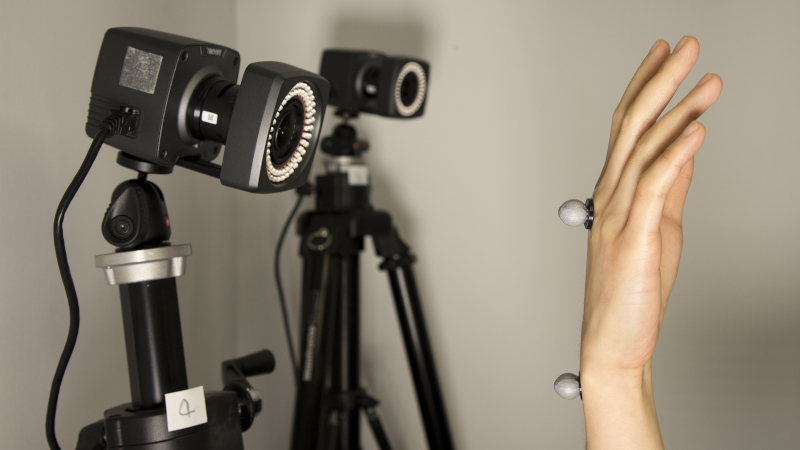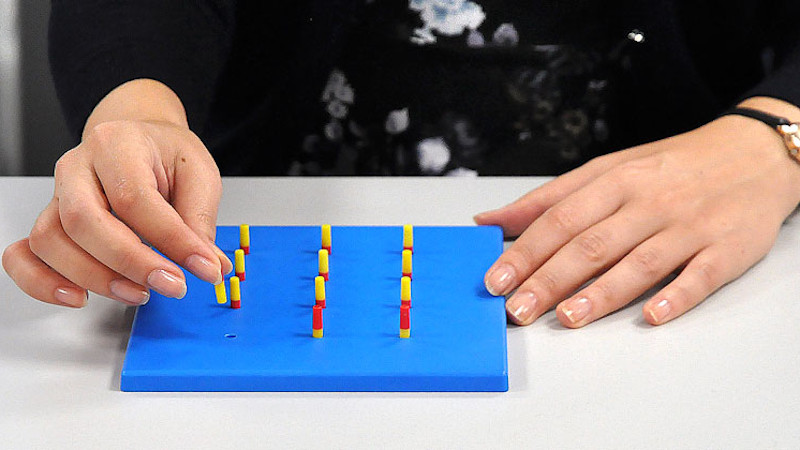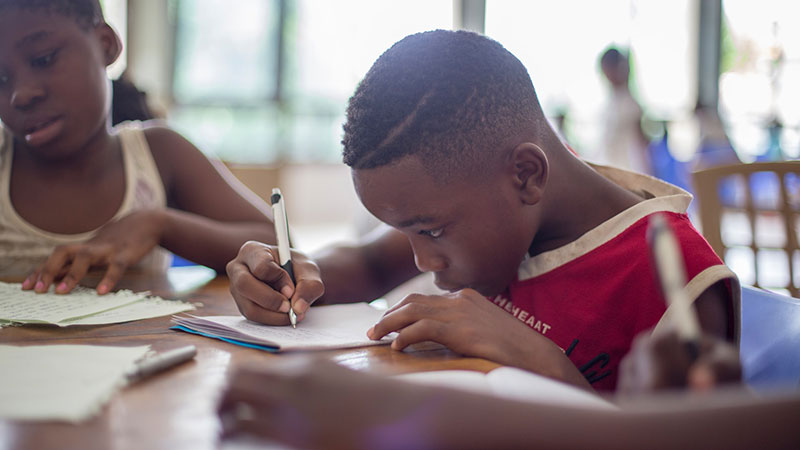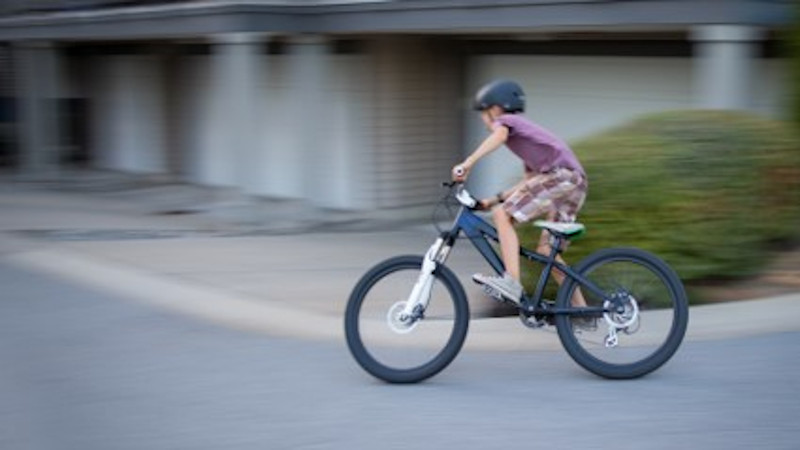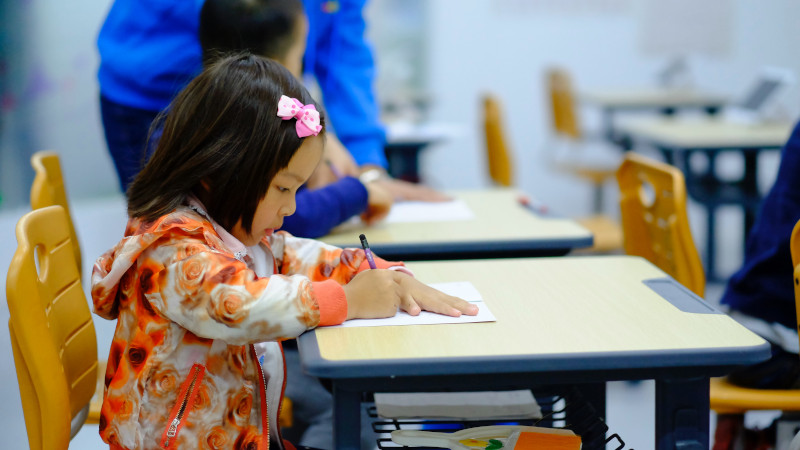The work that we carry out in the PuMA Lab falls focuses on many different aspects of motor control which includes how perception and motor control work together, handwriting skills and the development of assessment tools.
We are interested in both typical and atypical development in children and adults, with a major focus on Developmental Coordination Disorder (DCD) and associated difficulties. However, our research also encompasses other groups including older adults and individuals with Attention Deficit Hyperactivity Disorder.
If you are a parent of a child with DCD or an adult with DCD looking for avenues please see our collected resources and support.
